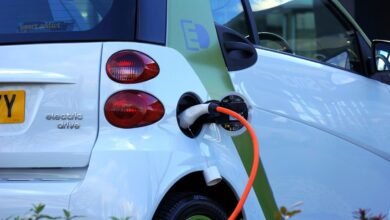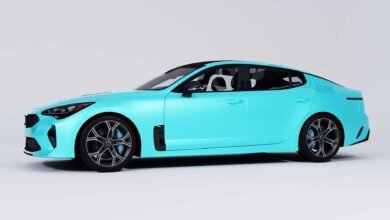The Hidden Perks of EV Ownership: More Than Just Fuel Savings
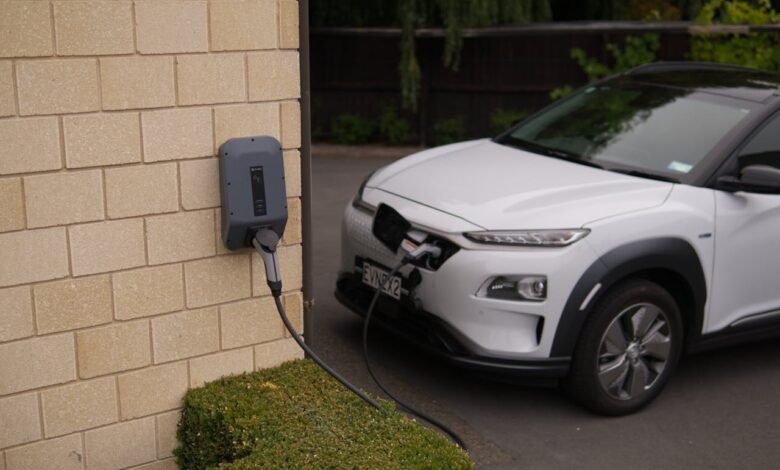
Although fuel economies are the headlines, there lies a treasure trove of unsuspected benefits of owning an electric vehicle that goes far beyond filling the tank. As convenient as it is healthy, to the latest technological advancements and unexpected monetary benefits, find out how people who switched to EVs are enjoying benefits they have never expected when choosing them.
The un-obvious Benefits of being an EV Owner: It is not Only Saving on Fuel
When the largest population thinks of buying an electric car, the discussion usually revolves around the costs of fuel and environmental advantages. Nevertheless, having talked to thousands of EV owners and considered the most recent studies, it turned out that the actual magic of electric car driving is the unanticipated conveniences that open up after you switch, as they appear too slim to notice at first. These are the less obvious benefits which in many cases are the most powerful reasons why one never regrets about becoming the driver.
The Convenience Revolution
Home Charging: A Private Petrol Station:
And maybe the most disruptive thing of all when owning an EV is that you can fuel up at home. Almost 95 percent of the life cars spend parked in the garage and with the electric vehicle, you can make use of the time effectively. Just plug in when you get back home, wake up in the morning to a fully charged vehicle.
This avoids the headache of having to go out of the way to petrol stations, waiting in traffic to get fuel during rush hour or standing at stinking forecourts. This factor of convenience can save working professionals and families hours every week, and decrease the effects of daily stresses by a notch.
Pre-conditioning: Before you drive Climate Control
Among the most popular ones with EV owners, there is this pre-conditioning option, which allows heating or cooling your car before you enter it. When it is a chilly winter morning you are able to step forward into a car that has been turned on and has toasty seats and a clear windscreen. In summer there is an option of pre-cooling the inside, even when the car is still plugged into the mains, with mains electricity, not battery juice.
This aspect goes beyond being comfortable as you can leave the climate control on even when the car is parked without any feeling of regret at all because you would not be pouring toxic exhaust fumes into the air.
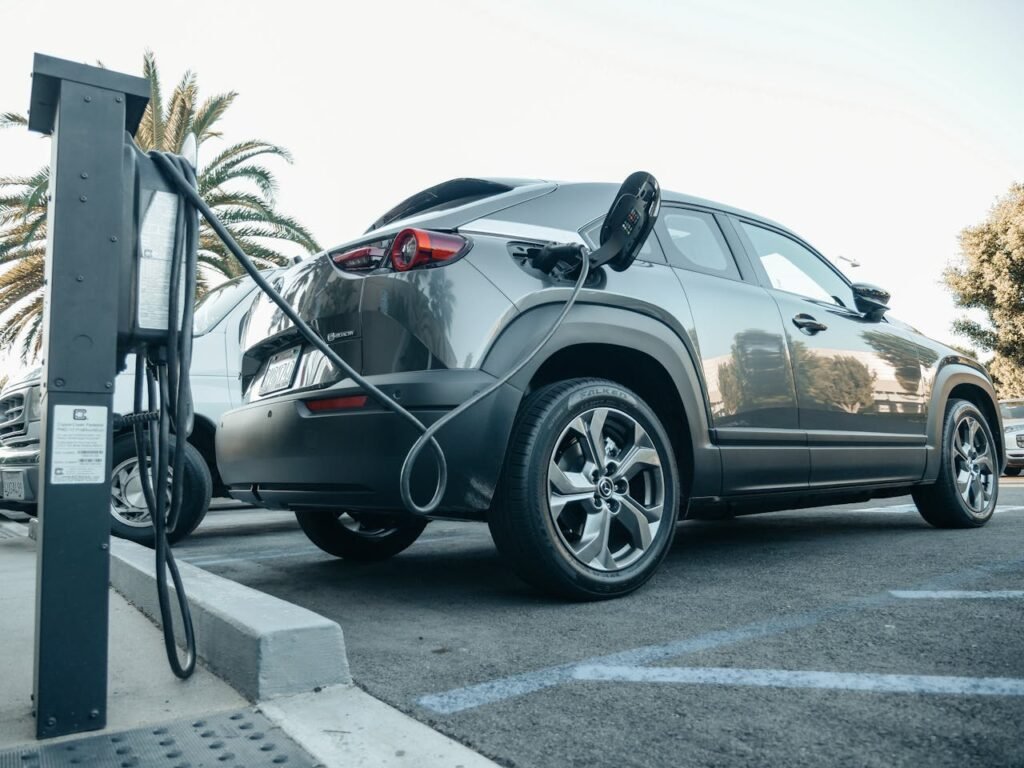
Health and Wellbeing Benefits
Better Air to All of Us
Electric cars have no tailpipe emissions, and this entails that they are not releasing carbon monoxide, nitrogen oxides, and particulate matter in the air. Local air quality is immediately enhanced and it is especially useful in busy cities where people are more prone to illnesses caused by air pollution.
Less Noise Pollution
Electric motors are virtually silent, a factor that saves a lot of noise pollution. This makes the city more serene and the driving experience peaceful as well. The lack of engine noise inside the vehicle will also make your conversations easier and your sound tone to be better.
Getting Rid of Bad Fumes
Drivers of EVs no longer need to share the unpleasant feature of catalytic converters that penetrates into non-electric cars when climbing a hill or stuck at a traffic jam. This apparently minor advantage helps to create a better and healthier driving atmosphere.
Technology and Performance Advantages
Acceleration and Instant Torque
Electric motors provide instant torque and therefore provide smooth and powerful acceleration without gear shift. This is not all about performance but it could make it safer to merge onto motorways or to overtake on the dual carriageway.
Increased Handling and Stability
This implies that EVs tend to be easier to manouvre on corners and twisty roads due to the low centre of gravity formations that come due to the placement of the battery pack. This enhanced stability helps in ensuring that safety and, in fact, driving pleasure are enhanced.
Vehicle-to-Load Capabilities
A lot of current EVs have vehicle-to-load (V2L) capability, and in the presence of car battery, you can charge external devices. The feature has been worth its weight in gold in times of power outages as owners have been able to power their fridges, medical appliances and even homes, sometimes in great extents.
Financial Perks Beyond Fuel
Reduced Maintenance Costs
Electric vehicles have up to 40% lower servicing and maintenance costs compared to petrol or diesel vehicles4. With fewer moving parts, no oil changes, and less wear on braking systems (thanks to regenerative braking), the long-term savings extend well beyond fuel costs.
Government Incentives and Tax Benefits
Despite recent changes, several financial incentives remain:
- Lower vehicle exercise duty (VED) rates until 20304
- Reduced company car tax at just 1% for electric vehicles8
- Home charging grants offering up to £350 or 75% off installation costs for eligible properties8
Congestion and Clean Air Zone Benefits
Electric vehicles qualify for cleaner vehicle discounts on London’s congestion charge until December 20254. They also benefit from lower charges in clean air zones across the UK, including London’s ultra-low emission zone4.
Social and Community Benefits
Parking Privileges
Many local authorities offer free parking and access to bus lanes for electric vehicles. Some shopping centres and workplaces provide dedicated EV parking spaces, often in prime locations near entrances.
Contributing to Urban Heat Reduction
Research from Michigan State University revealed that EVs emit considerably less heat than traditional vehicles9. Large-scale EV adoption could significantly reduce the urban heat island effect, improving city livability and reducing cooling costs during hot weather9.
Setting a Positive Example
EV ownership often sparks conversations about sustainability and innovation, allowing owners to share their positive experiences and potentially influence others to consider cleaner transport options.
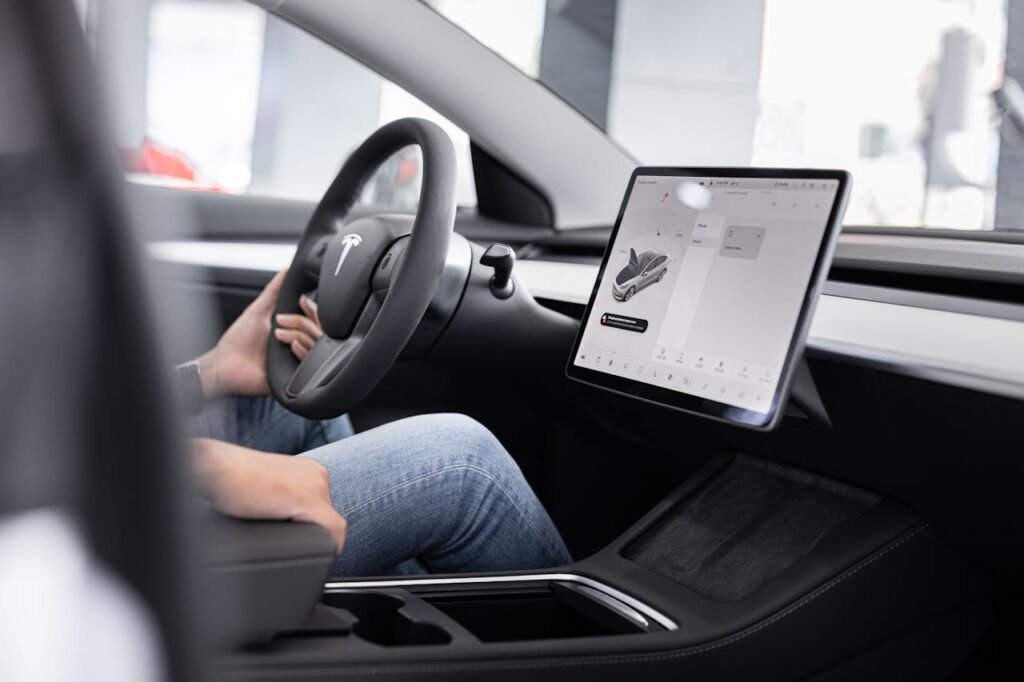
Emergency and Practical Applications
Mobile Power Source
The ability to power your home during outages using an EV battery is becoming increasingly valuable. With the right equipment, an EV can provide electricity for days, making it an excellent backup power source for essential appliances.
Traffic Jam Advantages
Unlike petrol vehicles that consume more fuel in stop-start traffic, EVs actually become more efficient in traffic jams. Regenerative braking recovers energy, and the electric motor operates efficiently at low speeds.
Silent Operation Benefits
The quiet nature of EVs allows for guilt-free idling in enclosed spaces like garages. You can run air conditioning or heating for hours without noise concerns or harmful emissions.
Future-Proofing Your Transport
Staying Ahead of Regulations
With the UK government’s ban on new petrol and diesel vehicles from 20304, EV ownership ensures compliance with future regulations and maintains access to city centres as emission zones expand.
Technological Evolution
EV technology continues advancing rapidly, with improvements in battery technology, charging speeds, and smart features. Early adoption positions owners to benefit from ongoing innovations and infrastructure developments.
Comparison Table: Hidden Benefits Overview
| Benefit Category | Traditional Vehicle | Electric Vehicle |
|---|---|---|
| Home Refuelling | Not possible | The engine must run |
| Pre-conditioning | Contributes to the heat island effect | Silent, emission-free operation |
| Maintenance Frequency | Regular oil changes, complex servicing | 40% lower maintenance costs |
| Traffic Efficiency | Worse fuel economy in traffic | Better efficiency in stop-start conditions |
| Noise Levels | Engine noise affects conversation | Can power a home for days safely |
| Emergency Power | Limited options, safety concerns | Can power home for days safely7 |
| Urban Heat Impact | Contributes to heat island effect | Reduces urban temperatures9 |
Frequently Asked Questions
Q: How long does it take to charge an EV at home?
A: Most EVs can be fully charged overnight (6-8 hours) using a standard home charger. With modern EVs offering 200+ mile ranges, daily charging often isn’t necessary for typical commuting.
Q: Can I really power my house with an EV during a power cut?
A: Yes, with the right equipment (an inverter), many EVs can power essential household appliances for several days. Some newer models offer dedicated vehicle-to-home (V2H) capabilities.
Q: Are the parking and congestion charge benefits permanent?
A: Some benefits are being phased out – the London congestion charge discount ends in December 2025, and road tax exemptions ended in April 2025. However, many local authorities continue offering free parking and other incentives.
Q: Do EVs really handle better than traditional cars?
A: Yes, the low centre of gravity from battery placement typically improves handling and stability, particularly on corners and winding roads.
Q: What happens to the pre-conditioning feature if I don’t have home charging?
A: Pre-conditioning works best when plugged in, as it uses mains electricity rather than battery power. However, most EVs can still pre-condition using battery power, though this will slightly reduce your driving range.
Q: Are EVs really quieter, and does this cause safety issues?
A: EVs are significantly quieter than traditional vehicles. For safety, EU law requires EVs to emit a low humming sound when travelling under 12 mph or reversing to alert pedestrians.
The hidden perks of EV ownership extend far beyond the obvious environmental and fuel cost benefits. From the daily convenience of home charging to the peace of mind that comes with emergency power capabilities, these unexpected advantages often prove to be the most compelling reasons why EV owners become passionate advocates for electric mobility. As charging infrastructure continues to expand and technology advances, these hidden benefits will only become more pronounced, making the transition to electric vehicles an increasingly attractive proposition for drivers across the UK.
